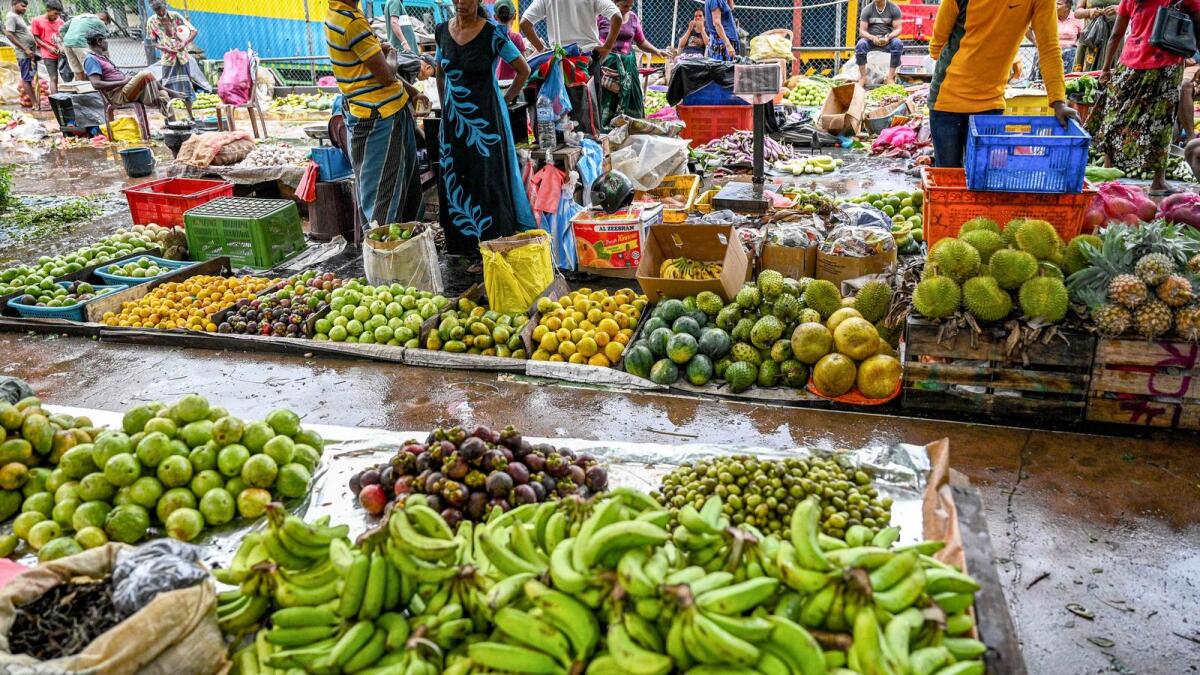Sri Lanka recently announced that it would save $5 billion as a result of restructuring its bilateral debt, much of which is owed to China. The nation defaulted on its foreign borrowings in 2022 during a severe economic crisis that led to shortages of essential goods such as food, fuel, and medicine. President Ranil Wickremesinghe revealed that a deal reached last week would provide a moratorium on debt payments until 2028, extend loan tenures by eight years, and reduce average interest rates to 2.1 percent.
Wickremesinghe mentioned that although China and other bilateral lenders did not agree to reduce the loan principal, the terms of the agreement would still benefit Sri Lanka. The country’s debt from China carries high interest rates, some as high as 8.0 percent, while borrowings from Japan, the second largest lender, have rates below 1.0 percent. Sri Lanka negotiated separate agreements with China and other bilateral creditors, including Japan, France, and India. These bilateral creditors account for a significant portion of the country’s $37 billion outstanding foreign debt, excluding government-guaranteed external loans.
China holds a significant portion of Sri Lanka’s total borrowed amount, with $4.66 billion out of $10.58 billion borrowed from other countries. Wickremesinghe also mentioned plans to restructure an additional $14.7 billion in external commercial loans, including $2.18 billion from the China Development Bank. The economic crisis in 2022 led to widespread protests and ultimately the resignation of the then-president Gotabaya Rajapaksa. Wickremesinghe expressed hope that the $2.9 billion International Monetary Fund (IMF) bailout secured last year would be the country’s last, as Sri Lanka had previously sought assistance from the IMF multiple times.
The debt restructuring is a condition of the IMF bailout, and Wickremesinghe emphasized that the country was bankrupt when he took office. The restructured terms of loans with longer repayment schedules and reduced interest rates are expected to provide significant savings for Sri Lanka. The nation’s reliance on foreign debt, especially from China, has been a matter of concern, and the restructured terms aim to alleviate some of the financial burden. With ongoing efforts to restructure additional loans, Sri Lanka is taking steps towards financial stability and sustainable economic growth. The government’s commitment to managing its debt and improving the country’s financial situation is crucial for long-term economic stability and prosperity.










